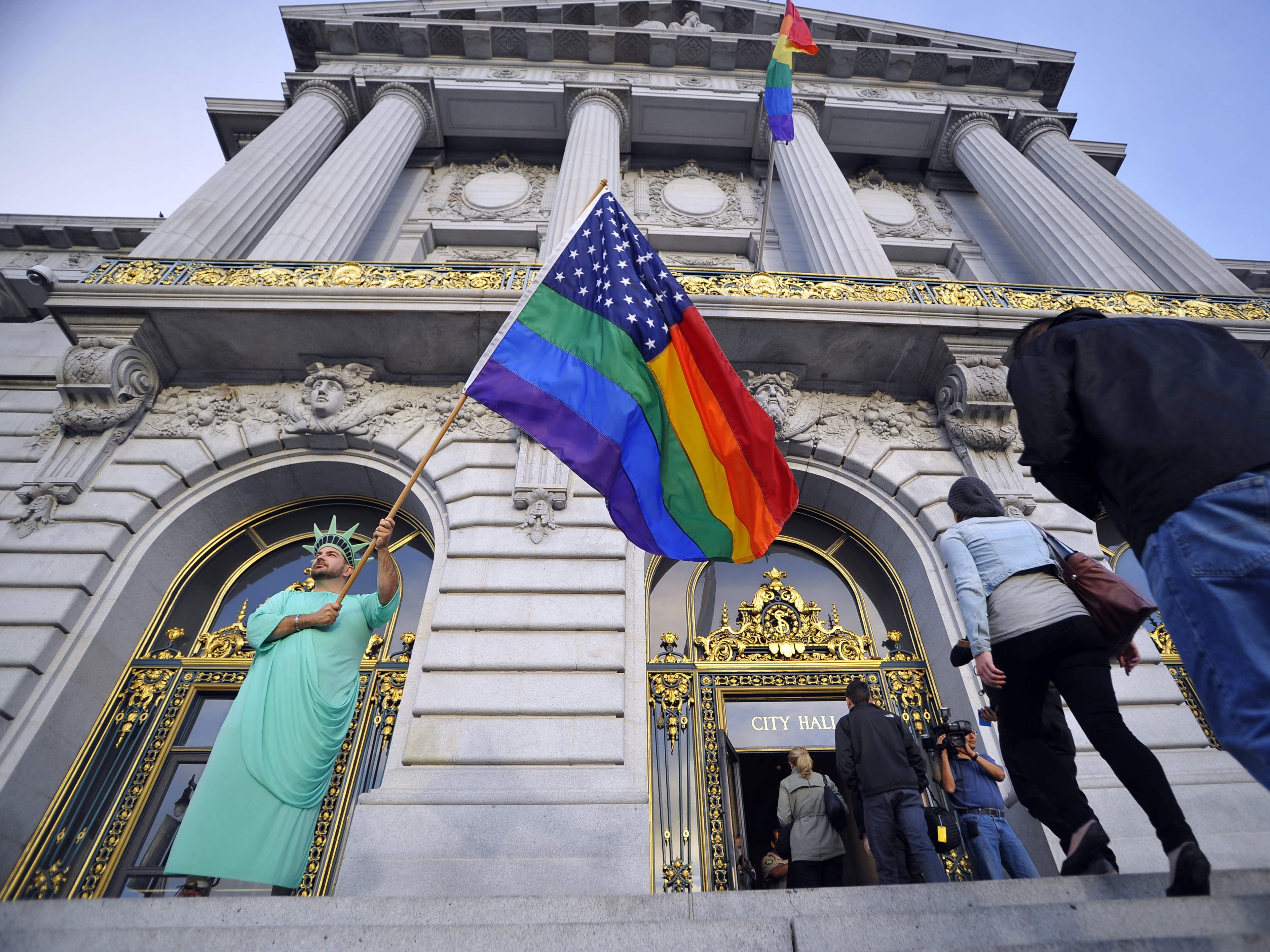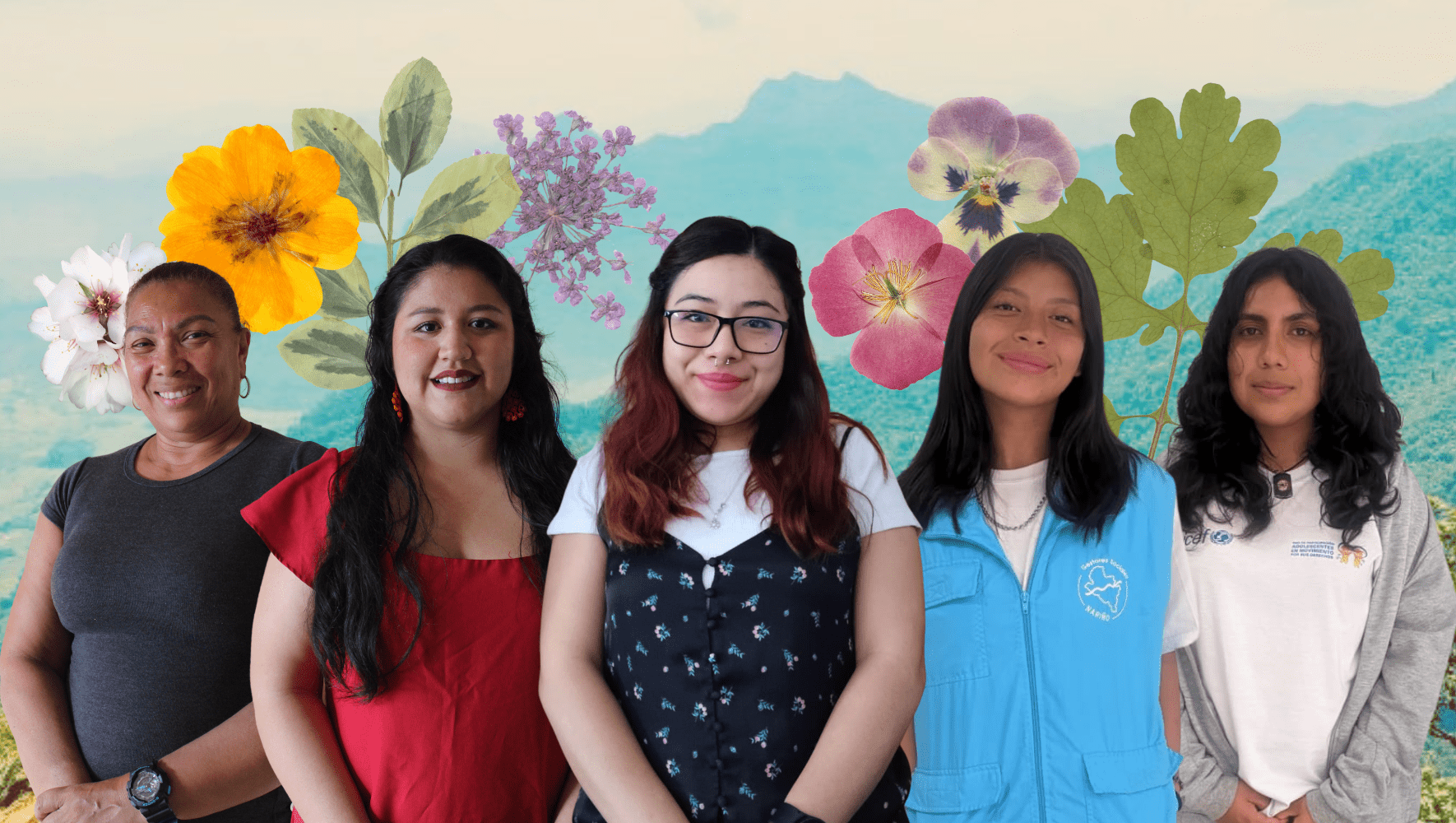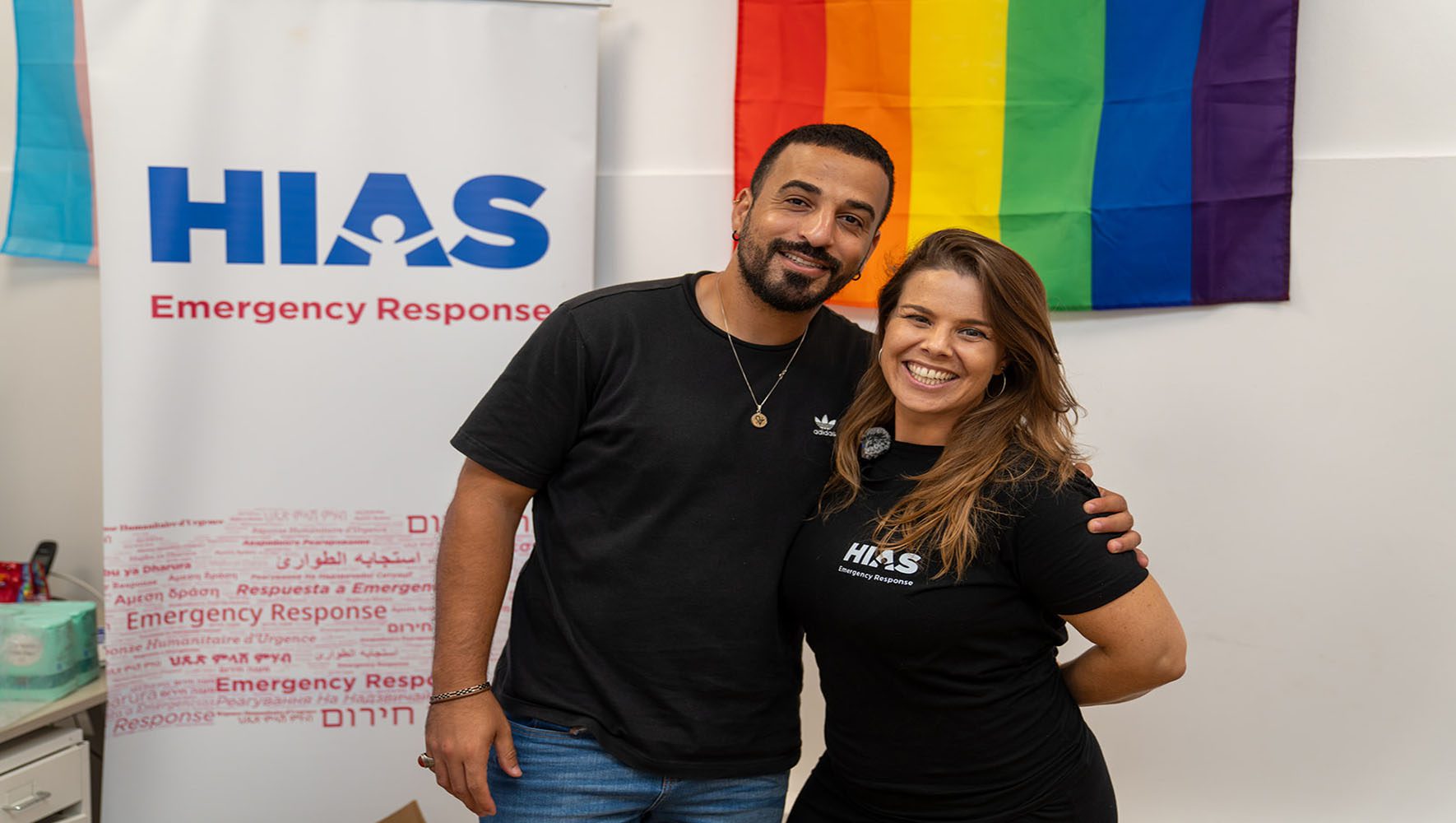U.S. Recognizes Equality of All Life Partners for Refugee Family Reunification
By Rachel Nusbaum, HIAS.org
Oct 22, 2015

Nikolas Lemos waves a rainbow flag as people enter San Francisco City Hall in anticipation of The US Supreme Court ruling on gay marriage on June 26, 2013.
(Josh Edelson/AFP/Getty Images)
In a little-noticed shift, the Obama administration has taken steps to ensure that the long-term relationships of couples who were not able to be legally married in their home countries or while in flight are nevertheless recognized by the U.S. family reunification program.
“Refugees with same-sex partners will finally have the opportunity to reunite with them and to make their families whole again,” said Mark Hetfield, president and CEO of HIAS.
HIAS has been urging the State Department to include same-sex life partners as among the family members eligible for family reunion under the U.S. Refugee Admissions Program’s P3 priority program since 2009.
“This change in policy, long overdue, recognizes the unique challenges faced by LGBT refugees, many of whom were forced to flee their native countries precisely because of their identities and come from places where legal commitments were either impossible or unsafe to make,” Hetfield said. “This compassionate new policy makes the U.S. a light to the rest of the world, by recognizing not only same-sex partnerships, but also the heterosexual partnerships of couples who are from countries that do not respect their right to choose one's life partner.”
The new rules, included in the Bureau of Population, Refugees and Migration report published on October 1, 2015, state:
The following family members of the U.S.-based family members are qualified for P-3 access: spouse, unmarried children under 21, and/or parents. A U.S.-based family member may apply for a same-sex spouse if a legal marriage was conducted and documented. Cognizant that same-sex marriage is not legal in the vast majority of refugee-producing and refugee-hosting countries, the United States will allow a qualifying individual to file for P-3 access for a same-sex partner if he or she can provide evidence that he/she had a relationship with the partner for at least one year overseas prior to the submission of the AOR and considered that person to be his/her spouse or life partner, and that the relationship is ongoing, together with evidence that legal marriage was not an obtainable option due to social and/or legal prohibitions.
Under certain circumstances, a qualifying individual may file for P-3 access for an opposite sex partner if he or she can provide evidence that he/she had a relationship with the partner for at least one year overseas prior to the submission of the AOR and considered that person to be his/her spouse or life partner, and that the relationship is ongoing, together with evidence that legal marriage was not an obtainable option due to social and/or legal prohibitions.
Unfortunately, the only people who can file for family reunion under this program are those who entered the U.S. as refugees or who were granted asylum. The P3 family reunification program is not open to other legal residents, including most immigrants.



